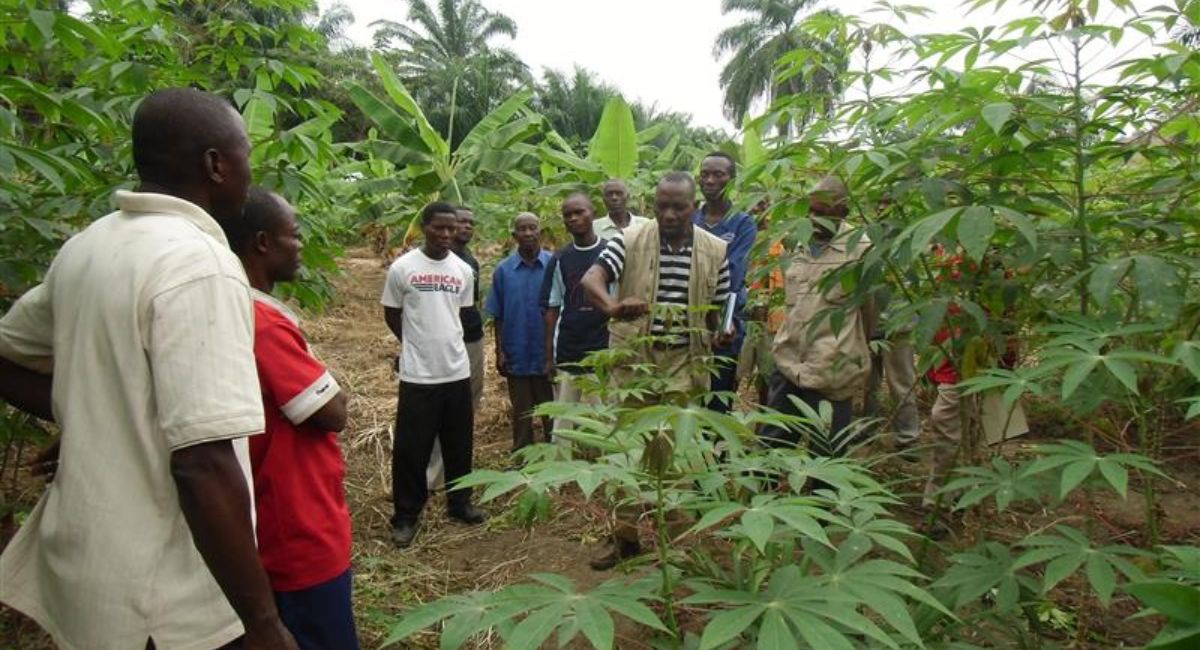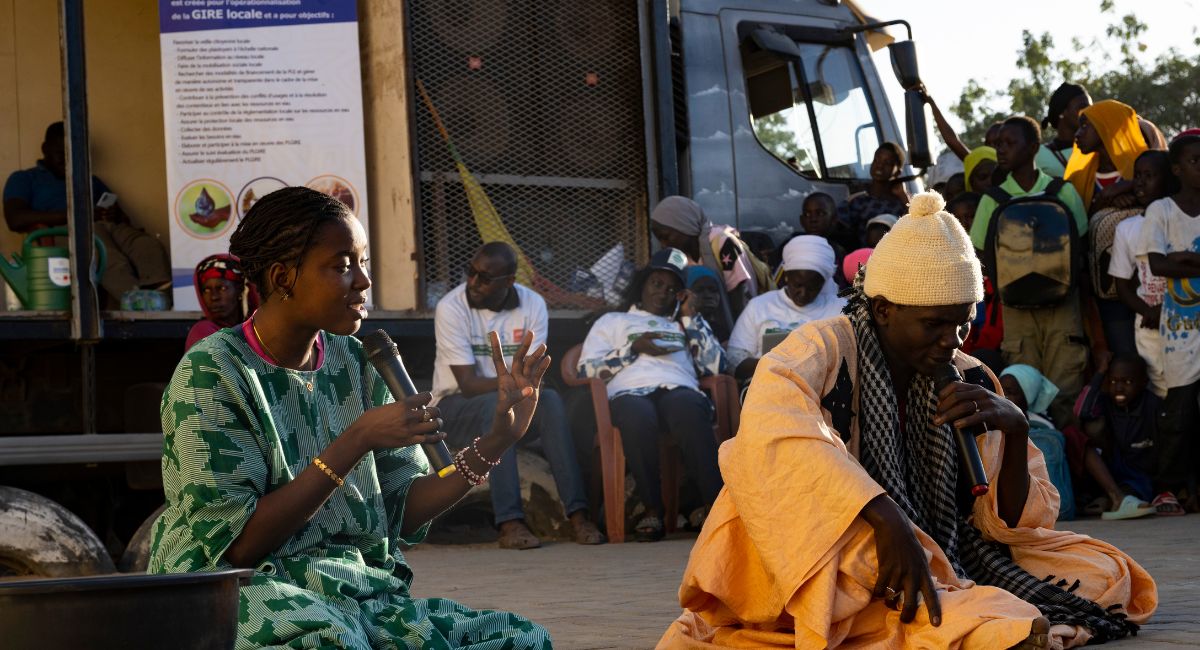The Forest Scientific and technical committee, created in 2019 by Agence française de développement and facilitated by GRET, is a forum of mobilisation and francophone expertise to inform French public policy on management and protection of tropical forests. From the outset, the Committee set itself the ambition of eliminating deforestation associated with imports of agricultural goods.
The Forest Committee operates through four entities. A steering committee led by public authorities, Agence française de développement (AFD), the French Ministry of Foreign and European Affairs (MEAE), the French Ministry of Ecological and Fair Transition (MTES) and the French Ministry of Food (MAA); associated with an expert committee, a body of dialogue where the Forest Committee’s actions are debated, arbitrated, planned and evaluated; a project management assistance component ensured by E-Sud développement consulting group; and lastly, a permanent technical secretariat, ensured by GRET.
A community of stakeholders working for the preservation of tropical forests
The Forest Committee has approximately sixty members, mainly from public, associative or private institutions in the research, training, engineering and project management sectors; non-governmental and professional organisations, and public and private stakeholders working in the agricultural and forest sectors in France and internationally. Recognised experts or members of the National group on tropical forests (GNFT), they are co-opted on proposal by at least one member after validation of their candidacy by the Forest Committee steering committee.
With the exception of public authority representatives, they participate on a voluntary basis and on their own behalf (intuitu personae) in the committee’s work in order to ensure the independence of expression that is necessary for debates. By adhering to the Forest Committee’s charter, they work for the collective benefit, over and above corporatist interests. The charter presents the general state of mind in which the committee’s work is conducted: identity, assumed responsibility, objectivity and acceptance of operating and collaborative principles.
For its work, the Forest Committee set itself the task of informing policies to fight against the causes of deforestation and forest degradation, and to support policies for management, conservation and restoration of ecosystems in forest territories in AFD’s zones of intervention. The knowledge and literature produced by the Forest Committee aims to respond to expectations expressed by the members regarding forest issues and the needs of their national and international partners.
The Forest Committee’s first projects
Based on a roadmap proposed by its steering committee, at its inaugural meeting the Forest Committee adopted an 18-month programme of activities focusing on the operationalisation of the National strategy on imported deforestation (SNDI). Its implementation is part of an interministerial process coordinated by the MTES, involving the three ministries on the Forest Committee’s steering committee, as well as the French Ministry of Economy and Finance and the French Ministry of Higher Education, Research and Innovation.
Adopted in November 2018 by the French government as planned in component 15 of the Climate Plan, the SNDI’s 35 measures are intended to end importation of forest and agricultural products contributing to deforestation. The first of its kind at European level, the SNDI aims to deliver international commitments made by France, which is a signatory of the New York Declaration on Forests (September 2014) and the Amsterdam Declaration (December 2015), through which seven European countries undertake to end tropical deforestation with the implementation of sustainable supply chains for agricultural products.
Three interdependent projects relating to the SNDI are also underway, all of which are being coordinated by consortiums made up of Forest Committee members:
- a study on definitions and tools for monitoring deforestation;
- a project dedicated to the certification of the zero-deforestation objective for the sectors targeted by the SNDI (palm oil, soya, cocoa, timber, beef and rubber) and their supply basins;
- an operational project aimed at defining the impacts of the SNDI’s implementation on management of risks related to soya imports from Brazil.
The results of these projects will inform French positions at European and international level.
The first deliverables are currently being examined and will be presented in the Forest Committee’s publications. These will be freely available on the committee’s website, which is currently being developed and will be accessible from September 2020.





